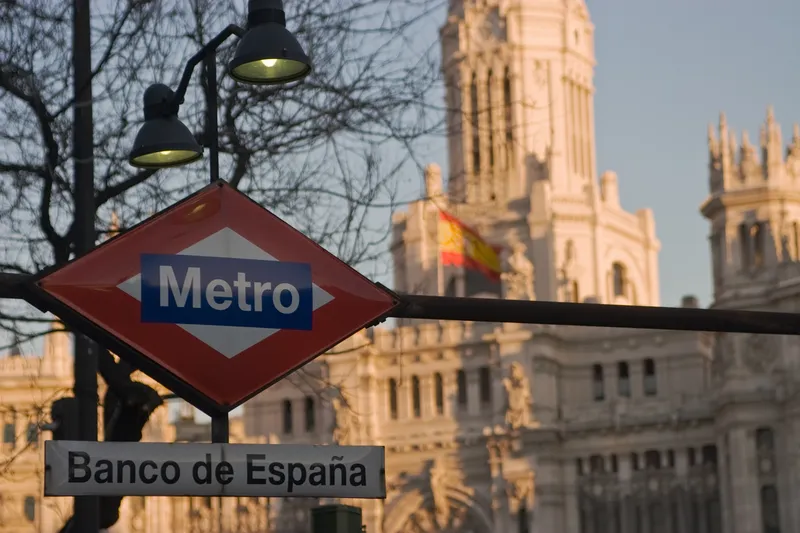The City of Madrid and IBM, through its subsidiary INSA, have announced the start of a ‘smart city’ project, designed to improve city life for Madrid’s three million inhabitants.
The contract, with an estimated value of approximately US$20 million, will IBM’s Smarter Cities technology, including Big Data and analytics, to transform the city’s supplier management model, allowing the city to manage and pay each service provider based on service levels in an effort to improve the management of public servi
July 10, 2014
Read time: 2 mins
The City of Madrid and 62 IBM, through its subsidiary INSA, have announced the start of a ‘smart city’ project, designed to improve city life for Madrid’s three million inhabitants.
The contract, with an estimated value of approximately US$20 million, will IBM’s smarter Cities technology, including Big Data and analytics, to transform the city’s supplier management model, allowing the city to manage and pay each service provider based on service levels in an effort to improve the management of public services such as street maintenance, lighting, irrigation, trees and green spaces, cleaning and garbage and waste management.
Madrid is one of the five most populated municipalities in Europe, producing one million tons of household waste and using some 15 million Cubic meters of water every year. The city also manages and tracks numerous assets including 1.7 million vehicles, more than 252,000 street lights and 287,000 trees that are cared for by the city.
The city will begin using an innovative technology platform called Madrid iNTeligente (MiNT) – smarter Madrid which will help improve quality of services, communications with citizens, anticipate issues and coordinate resources. By using smart phones, tablets other Mobile Devices and social media, it is expected citizens will be able to instantly communicate with the city about issues such as broken traffic signals or pot holes, receive instant feedback and track progress or the status of an event or issue.
“This project will serve as an example for other European capital cities which will be able to follow Madrid´s model as the first European capital with comprehensive public services integration, ” said Marta Martínez, general manager for IBM Spain, Portugal, Greece and Israel. “We are proud that the City of Madrid has relied on IBM Group for this innovative initiative.”
The contract, with an estimated value of approximately US$20 million, will IBM’s smarter Cities technology, including Big Data and analytics, to transform the city’s supplier management model, allowing the city to manage and pay each service provider based on service levels in an effort to improve the management of public services such as street maintenance, lighting, irrigation, trees and green spaces, cleaning and garbage and waste management.
Madrid is one of the five most populated municipalities in Europe, producing one million tons of household waste and using some 15 million Cubic meters of water every year. The city also manages and tracks numerous assets including 1.7 million vehicles, more than 252,000 street lights and 287,000 trees that are cared for by the city.
The city will begin using an innovative technology platform called Madrid iNTeligente (MiNT) – smarter Madrid which will help improve quality of services, communications with citizens, anticipate issues and coordinate resources. By using smart phones, tablets other Mobile Devices and social media, it is expected citizens will be able to instantly communicate with the city about issues such as broken traffic signals or pot holes, receive instant feedback and track progress or the status of an event or issue.
“This project will serve as an example for other European capital cities which will be able to follow Madrid´s model as the first European capital with comprehensive public services integration, ” said Marta Martínez, general manager for IBM Spain, Portugal, Greece and Israel. “We are proud that the City of Madrid has relied on IBM Group for this innovative initiative.”









